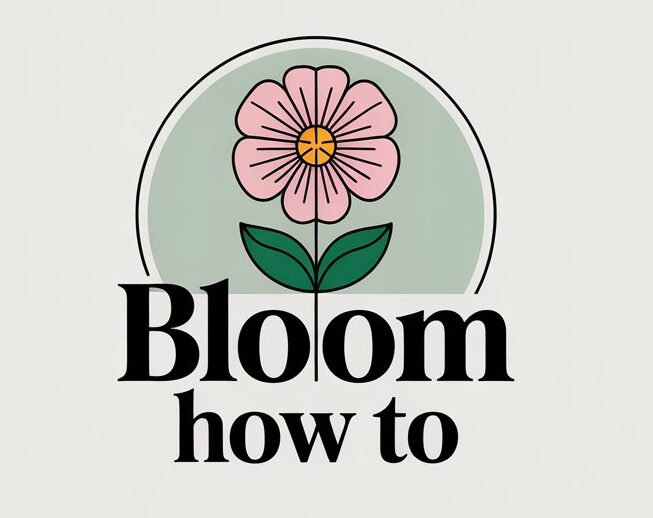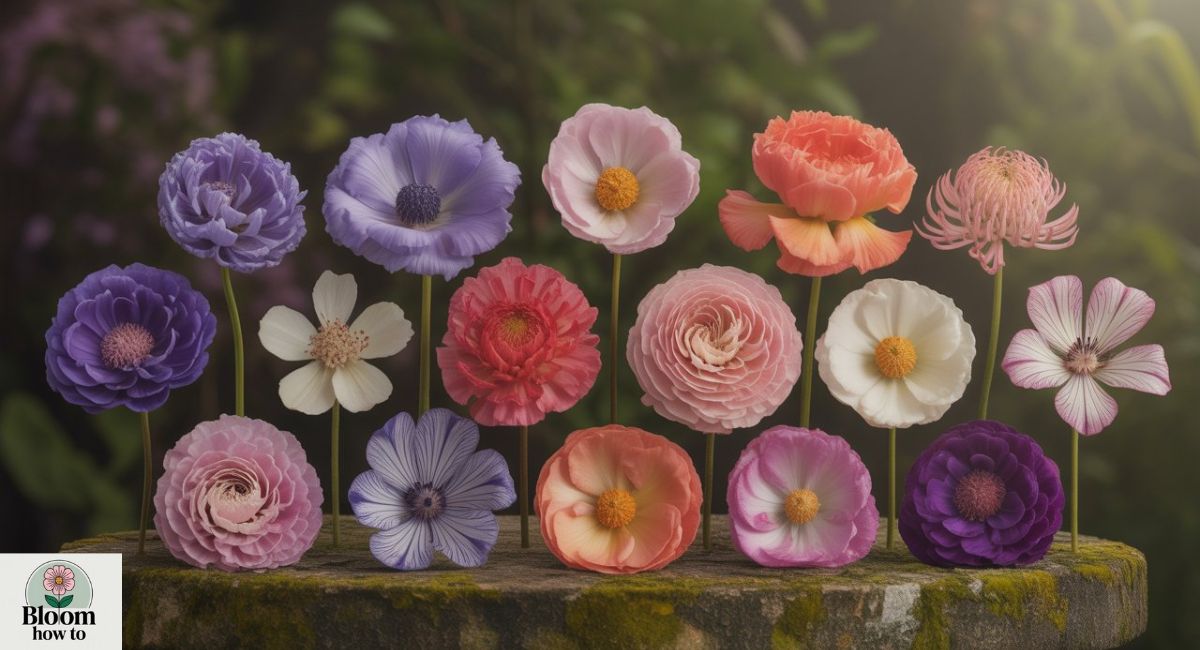The world of flowers that start with X feels like a hidden chapter in nature’s grand book. These rare flower species showcase resilience, charm, and a touch of mystery, often thriving in unexpected places. From exotic tropical flowers that flourish in humid rainforests to drought-tolerant plants surviving in arid deserts, each bloom tells a story of strength and grace.
Gardeners and collectors adore these unusual garden plants for their unique shapes, enduring beauty, and remarkable adaptability. Whether you’re creating a wildflower garden or simply exploring botanical wonders, discovering X-named blooms offers a delightful journey through one of nature’s most intriguing alphabets.
List of 15 Flowers That Start with X
1. Xeranthemum (Xeranthemum annuum)
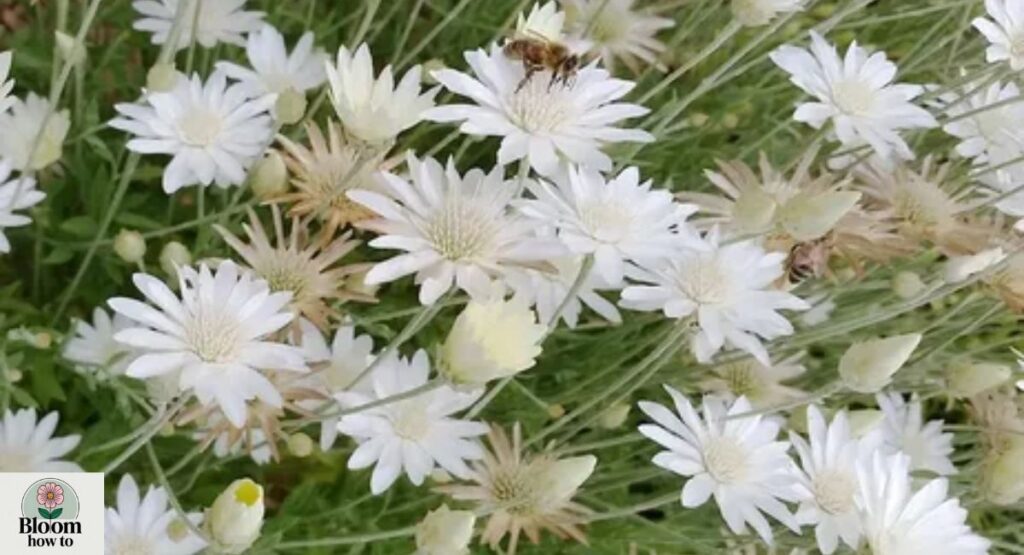
The Xeranthemum annuum, also known as the everlasting flower, has delicate papery petals that retain their color long after being dried. Found mostly in Mediterranean climates, this bloom thrives in dry, sandy soil, making it perfect for flowers for dry climates.
These ornamental flowers bloom in pink, purple, and white, embodying endurance and eternal beauty. Florists adore Xeranthemum for its long-lasting quality in dried arrangements.
Bloom Time: Late spring to summer
Sun Requirement: Full sun
Symbolism: Eternal love, memory, immortality
2. Xochimilco Daisy (Tithonia rotundifolia)
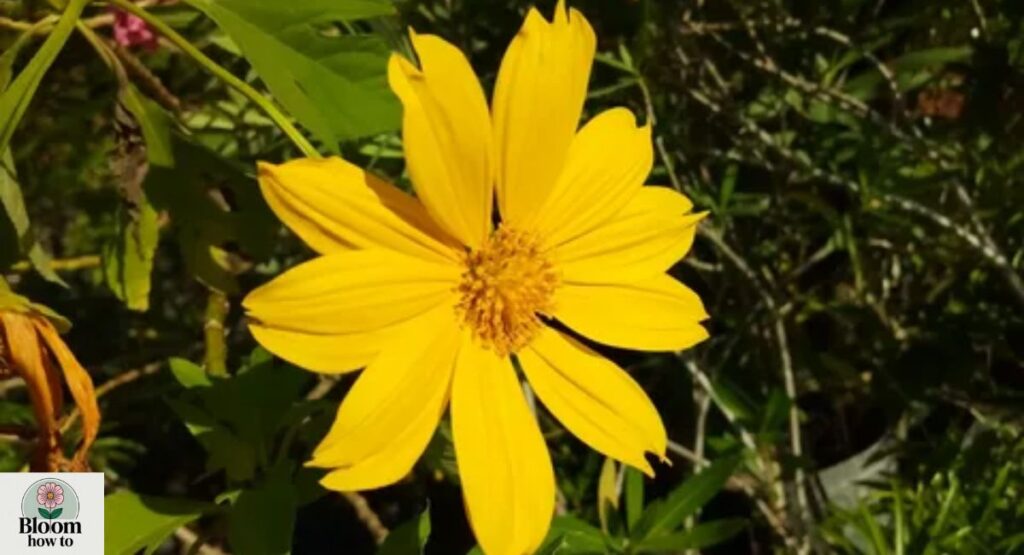
The Xochimilco Daisy bursts with vibrant orange and yellow hues, instantly brightening any garden. Native to Mexico, this pollinator-friendly plant attracts butterflies and bees effortlessly. Its bold petals resemble the sun, making it a radiant centerpiece in wild gardens.
Farmers consider it one of the most rare blooming plants because of its natural resilience and stunning color intensity.
Bloom Time: Summer to fall
Sun Requirement: Full sun
Symbolism: Strength and endurance
3. Xerophytic Cactus Flower
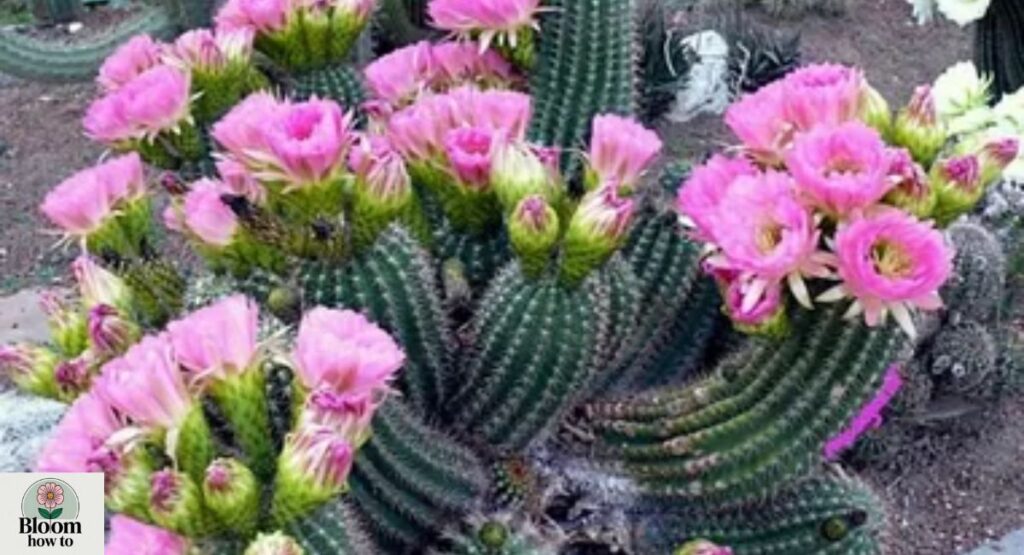
These xerophytic cactus flowers bloom in deserts where water is scarce. Found across arid regions of the USA, they open in early mornings to reveal delicate white or pink blossoms. Despite their fragile look, they belong to the most drought-resistant species known to survive harsh sunlight and poor soil.
Gardeners use them as ideal desert plant varieties for xeriscaping.
Bloom Time: Spring to summer
Sun Requirement: Full sun
Symbolism: Persistence and adaptability
4. Xanthium (Xanthium strumarium)
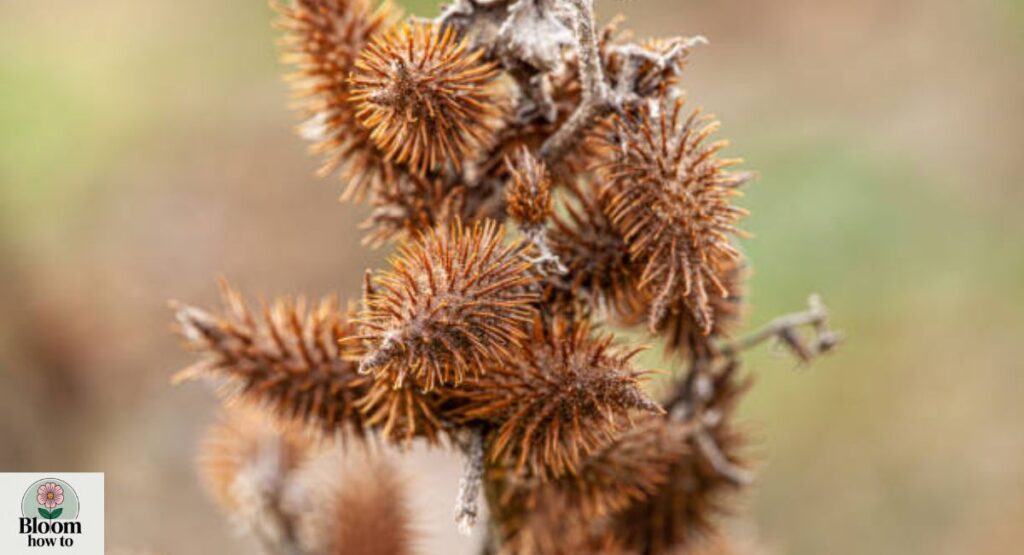
Commonly called burweed, the Xanthium strumarium is often overlooked because of its spiky burrs. Yet, its green-yellow flowers add wild charm to any wildflower garden plants collection. This plant’s rough texture and sticky seeds symbolize endurance.
Although considered invasive, Xanthium plays a role in supporting small wildlife and pollination networks.
Bloom Time: Summer to fall
Sun Requirement: Full sun
Symbolism: Resilience and protection
5. Xylobium Orchid
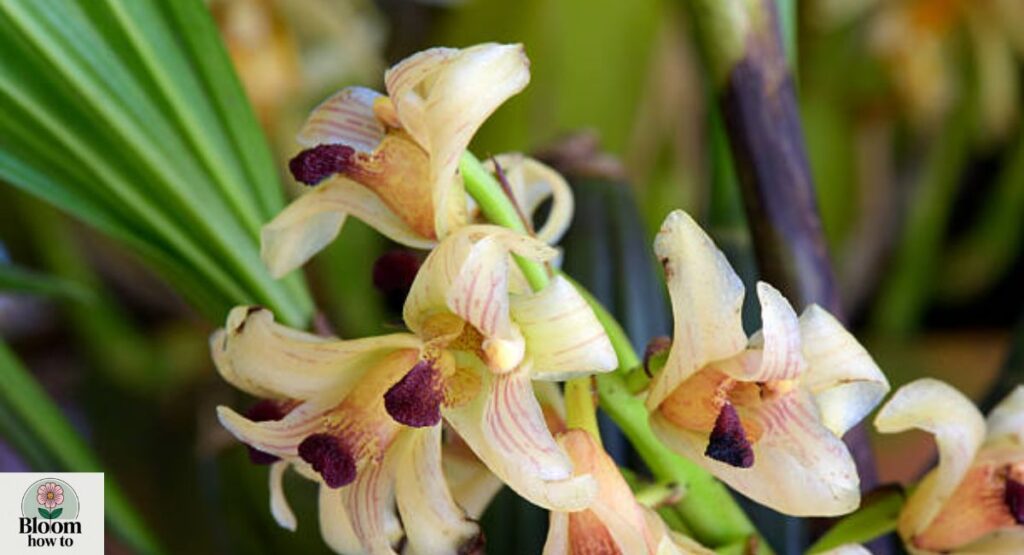
The Xylobium orchid stands among the world’s most exotic orchids. Originating from tropical South America, its petals appear like miniature works of art. These tropical flowering plants bloom in white, yellow, and purple shades, often with striking patterns.
They thrive in humid conditions, representing grace and rare beauty. In botanical collections, Xylobium remains a prized gem due to its scarcity and intricate blooms.
Bloom Time: Year-round in tropical climates
Sun Requirement: Partial to full sun
Symbolism: Elegance and luxury
6. Xerophyte Flower
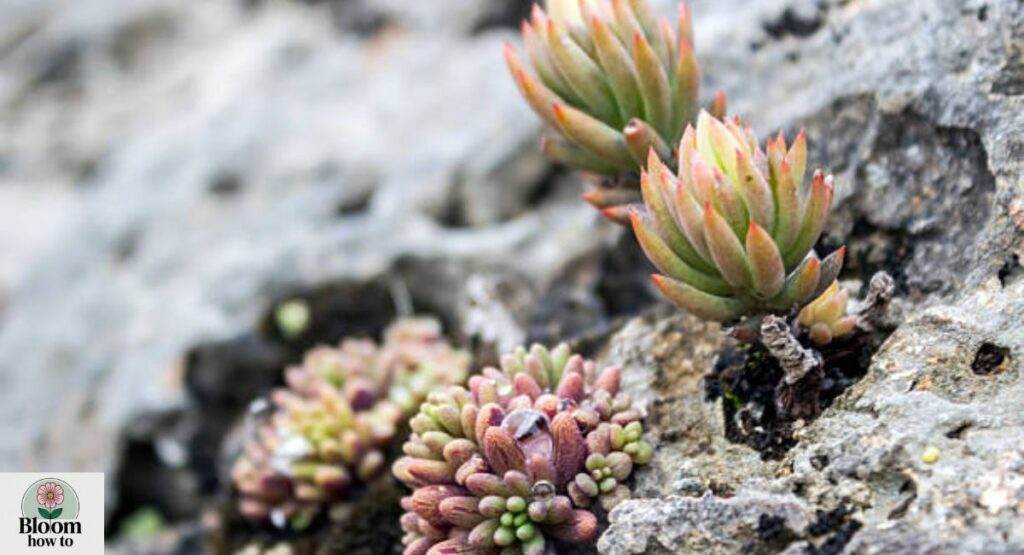
The Xerophyte flower includes multiple desert plant varieties adapted to extreme dryness. From agaves to desert lilies, these flowers for dry climates showcase life’s power to endure. Their thick leaves retain water, and their flowers open only when moisture allows.
Symbolically, Xerophytes reflect patience and survival.
Bloom Time: Varies by species
Sun Requirement: Full sun
Symbolism: Strength in adversity
7. Xanthosoma Plant
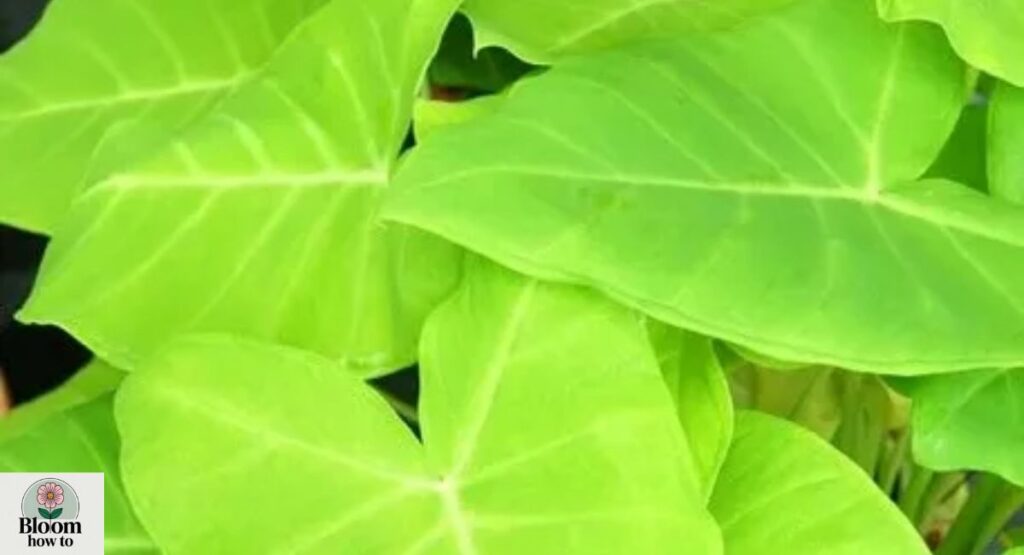
The Xanthosoma plant is recognized by its large, arrow-shaped leaves and subtle green-yellow blooms. Found mainly in tropical rainforests, it represents the lush beauty of tropical flowering plants. This plant’s edible roots are also used in traditional cuisines across Central and South America.
With its ornamental leaves, Xanthosoma adds a dramatic touch to exotic gardens.
Bloom Time: Year-round in tropical climates
Sun Requirement: Partial to full sun
Symbolism: Abundance and nourishment
8. Xerochrysum (Xerochrysum bracteatum)
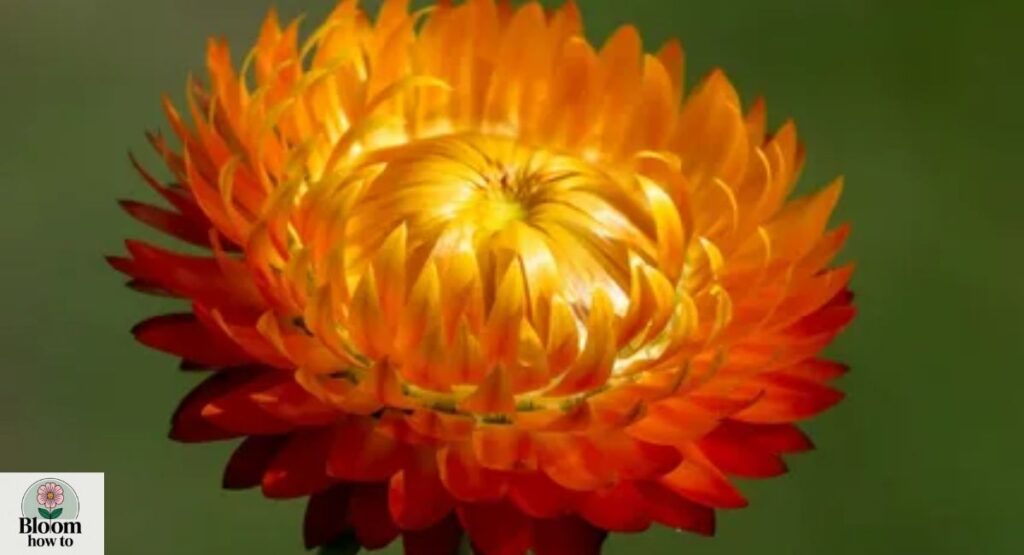
Known as the paper daisy, Xerochrysum bracteatum is one of the most loved everlasting flowers. Its papery petals come in cheerful yellows, pinks, and whites, staying vibrant even when dried. This Australian native is perfect for drought-tolerant plants in decorative arrangements.
Gardeners adore its minimal care needs and striking look.
Bloom Time: Spring to summer
Sun Requirement: Full sun
Symbolism: Eternal love and remembrance
9. Xylocarpus Mangrove Tree
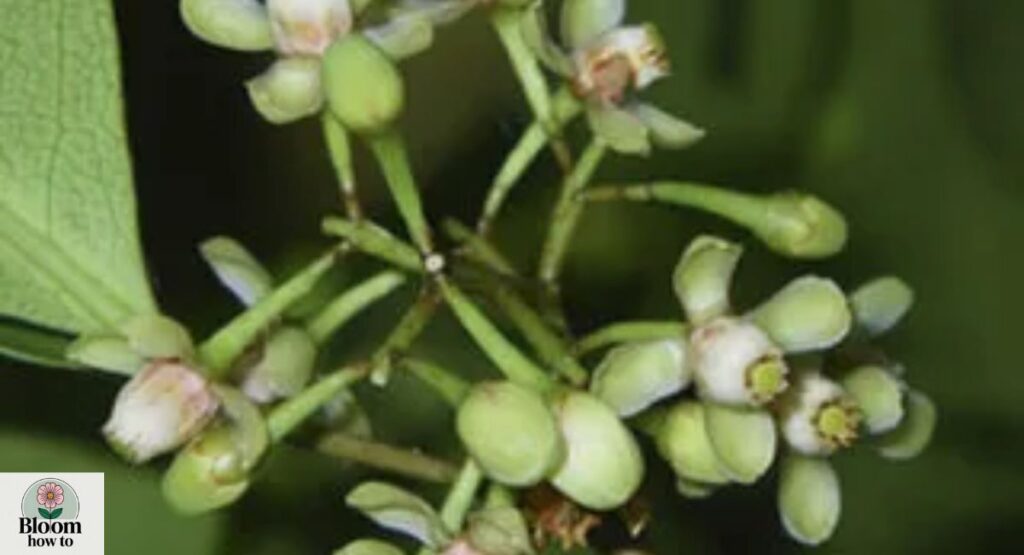
The Xylocarpus mangrove tree grows near coastal regions, making it a unique part of coastal flora. Its small yellow or white flowers play a vital role in the mangrove ecosystem flowers community, protecting shorelines and offering habitat to marine life.
Symbolically, it embodies protection, harmony, and sustainability.
Bloom Time: Summer
Sun Requirement: Full sun
Symbolism: Safety and balance
10. Xerothamnella Species
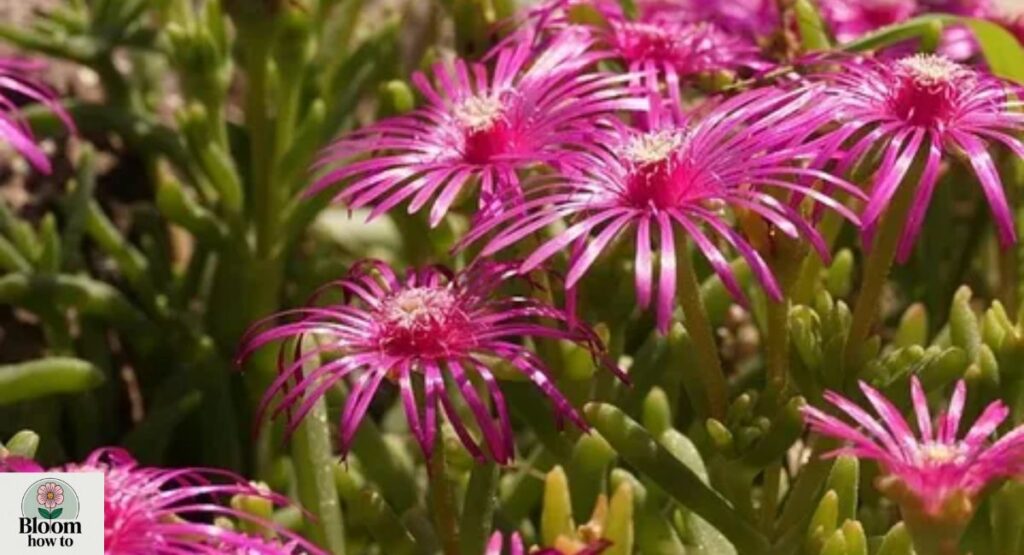
These Xerothamnella species bloom beautifully in shades of pink and purple across Australia’s arid zones. They’re true desert blooms, capable of surviving long droughts while displaying bright petals. As unusual garden plants, they’re loved for their toughness and subtle charm.
Xerothamnella shows how beauty can thrive even in neglect.
Bloom Time: Summer
Sun Requirement: Full sun
Symbolism: Endurance and renewal
11. Xanthoceras Sorbifolium (Yellowhorn)
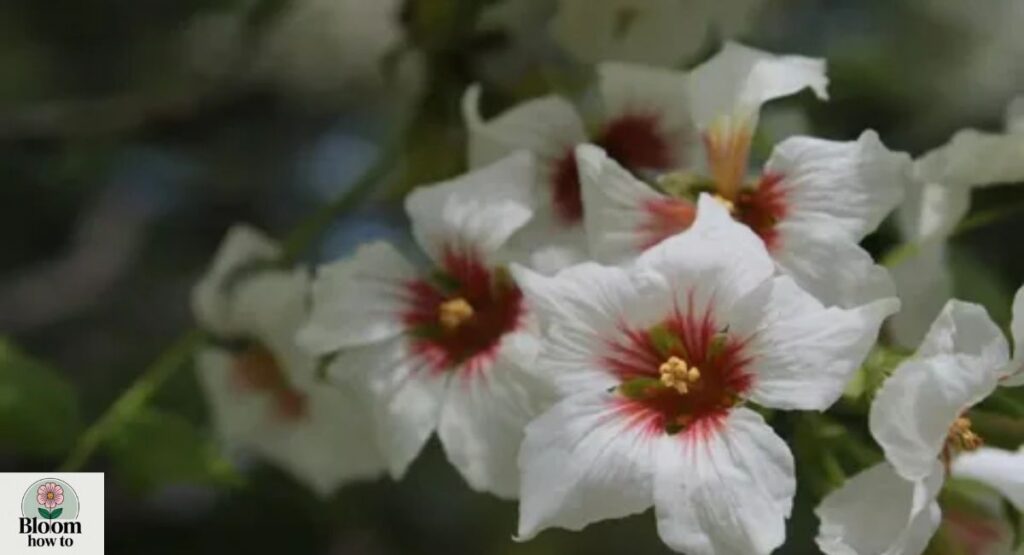
The Xanthoceras sorbifolium, or yellowhorn, produces clusters of white flowers with golden centers in spring. Native to China, it has found popularity in American gardens for its ornamental flowers and edible seeds.
This species blends beauty and practicality, representing renewal and prosperity.
Bloom Time: Spring
Sun Requirement: Full sun
Symbolism: Growth and success
12. Xeromphalina Fungi
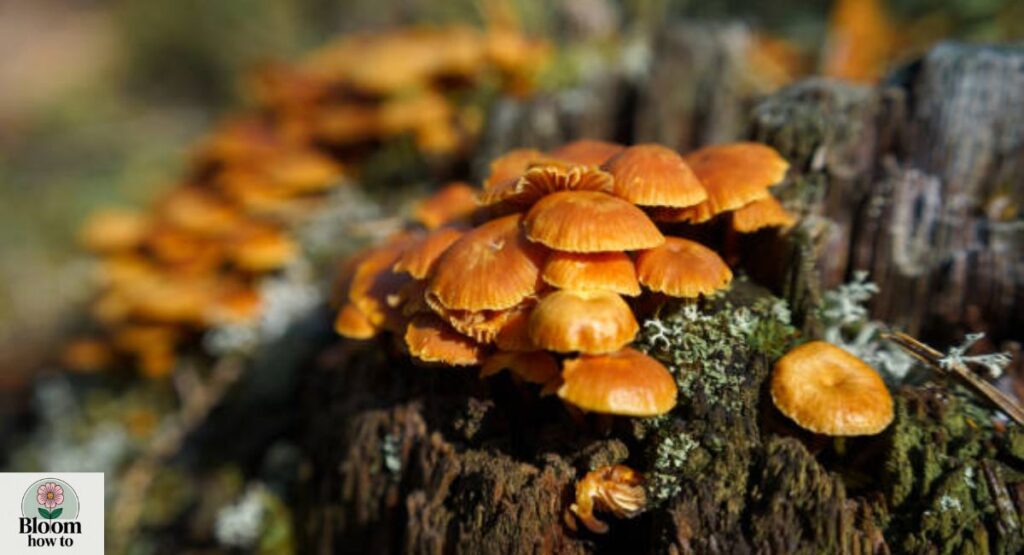
While not a true flower, Xeromphalina fungi display delicate, bell-shaped caps that resemble tiny blooms on forest floors. Found on decaying wood, they enrich soil with nutrients. Their golden-brown color gives them an ethereal glow under shade.
Botanists appreciate them for illustrating botanical diversity and ecological balance.
Bloom Time: Varies
Sun Requirement: Shade
Symbolism: Rebirth and transformation
13. Xyris (Yellow-eyed Grass)
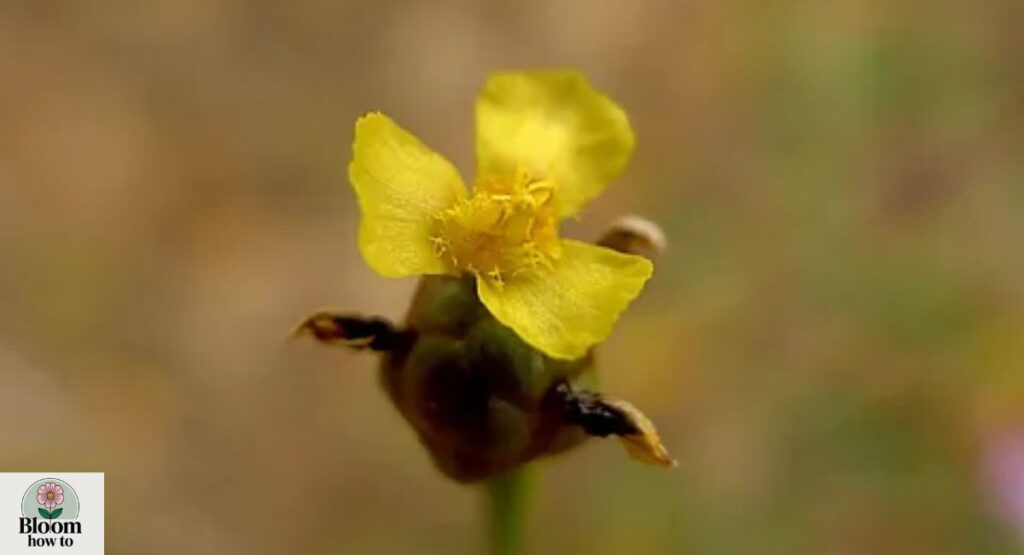
The Xyris genus produces small yellow blossoms often mistaken for grass. These wildflower garden plants thrive in wetlands and tropical climates. Their golden petals open under the sun and close at night, symbolizing re
newal.
They’re perfect for natural landscaping near ponds and streams.
Bloom Time: Summer
Sun Requirement: Full sun
Symbolism: Light and clarity
14. Xanthorrhoea (Grass Tree)
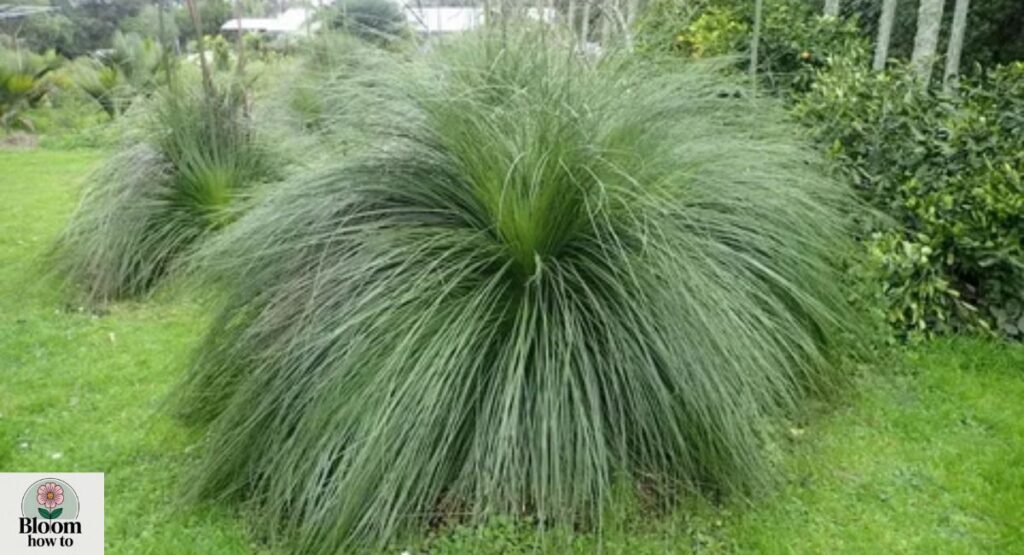
Native to Australia, the Xanthorrhoea, or grass tree, grows slowly and can live for centuries. Its dramatic spire-like flower stalks bloom after bushfires, a symbol of rebirth and hope. Gardeners admire it as one of the most rare blooming plants with deep cultural meaning.
Its tall structure adds a prehistoric charm to any garden.
Bloom Time: Post-fire or seasonal
Sun Requirement: Full sun
Symbolism: Renewal after hardship
15. Xiphosandra
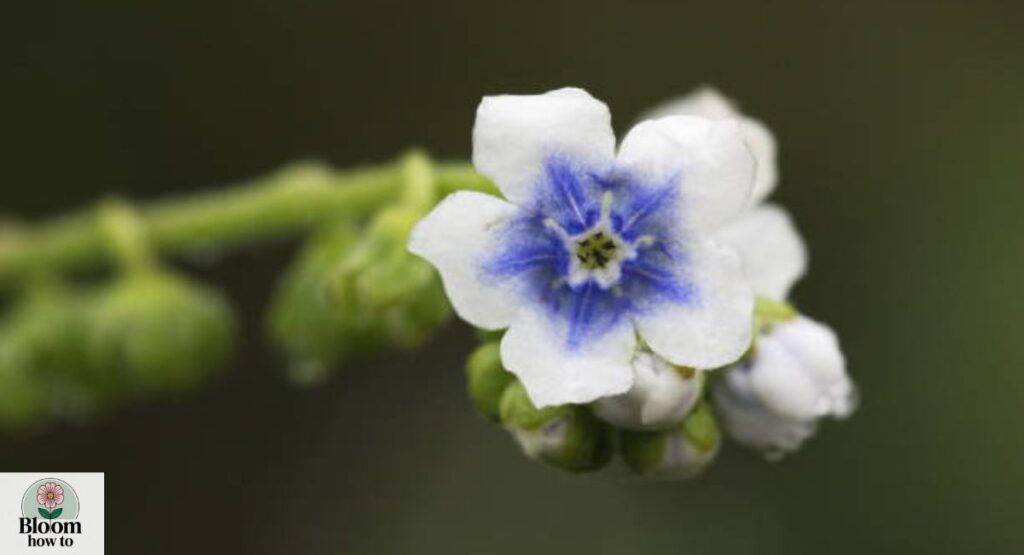
The Xiphosandra plant, lesser-known even among botanists, produces delicate pink-white flowers that emit a light fragrance. Found in Asian forests, it thrives in partial shade and moist soil.
This rare flower species represents serenity and mystery, completing our collection of uncommon plant names beginning with X.
Bloom Time: Spring
Sun Requirement: Partial shade
Symbolism: Tranquility and hidden beauty
Symbolism and Meanings of X Flowers
The Spiritual Essence of X-Flowers
Across cultures, X-flowers symbolize love, memory, strength, and endurance. Their unusual names and striking designs evoke feelings of curiosity and admiration. Many are tied to stories of survival growing in deserts, mountains, or near coasts where few others can.
In Victorian times, everlasting flowers like Xeranthemum annuum were used in dried arrangements to express eternal devotion.
Colors and Cultural Meanings
Each rare blooming plant carries its own palette of meanings.
White flowers symbolize purity and peace, while yellow ones signify friendship and joy. Purple shades represent mystery and elegance much like the Xylobium orchid and Xanthoceras sorbifolium.
For gardeners, these blooms remind us that beauty can emerge in the most unexpected places.
Growing and Caring Tips for X Flowers
Climate and Soil Needs
Most flowers that start with X thrive in sunny, dry environments, but tropical types like Xylobium orchids or Xanthosoma plants prefer humidity. Desert species need well-draining soil and minimal watering, while tropical ones need constant moisture.
Here’s a simple comparison table:
| Flower Type | Ideal Soil | Water Needs | Sunlight | USDA Zone |
| Xeranthemum | Sandy, dry | Low | Full Sun | 8–10 |
| Xylobium Orchid | Moist, rich | Medium | Partial Sun | 10–12 |
| Xylocarpus | Coastal, saline | Medium | Full Sun | 9–11 |
| Xerophyte | Rocky, arid | Minimal | Full Sun | 7–11 |
| Xanthosoma | Humid, loamy | High | Partial Sun | 9–12 |
Propagation and Care Techniques
Use seeds for annuals like Xeranthemum or Xerochrysum, and cuttings for Xylobium orchids. Avoid overwatering; excess moisture can cause root rot. For coastal flowering plants like Xylocarpus mangrove tree, maintain slightly salty conditions to mimic their natural habitat.
Regular pruning encourages new blooms and keeps the plant healthy throughout the season.
Conclusion
Exploring flowers that start with X opens a door to some of nature’s most rare flower species and exotic tropical flowers. These blooms aren’t just beautiful they’re survivors, thriving in deserts, coasts, and lush rainforests alike. Each carries a story of endurance and wonder.
From drought-tolerant plants like Xeranthemum annuum to unusual garden plants such as Xylobium orchids, these blossoms remind us that beauty often blooms in the most unexpected places. Embrace their uniqueness, and let these rare treasures add magic to your garden.
FAQs
1. What are some popular flowers that start with X?
Some popular flowers that start with X include Xeranthemum annuum, Xylobium orchids, Xerochrysum bracteatum, and Xanthoceras sorbifolium (Yellowhorn).
2. Are X flowers easy to grow?
Yes, many X-flowers like Xeranthemum and Xerochrysum are low-maintenance and drought-tolerant plants, perfect for dry gardens.
3. Do X flowers have special meanings?
Yes, most symbolize love, memory, strength, and endurance, reflecting their rare and resilient nature.
4. Where can I find X-named flowers?
You can find them in botanical gardens, online nurseries, or specialty plant stores offering exotic tropical flowers.
5. Can I grow X flowers indoors?
Yes, smaller species like Xylobium orchids thrive indoors if given proper humidity, light, and care.

Welcome to bloom how to! I’m Anam Sattar, an AI Powered SEO, and Content Writer with 4 years of experirnce.
I help websites rank higher,grow traffic, and look amazing. My goal is to make SEO and web design simple and effective for everyone.
Let’s achieve more together!
